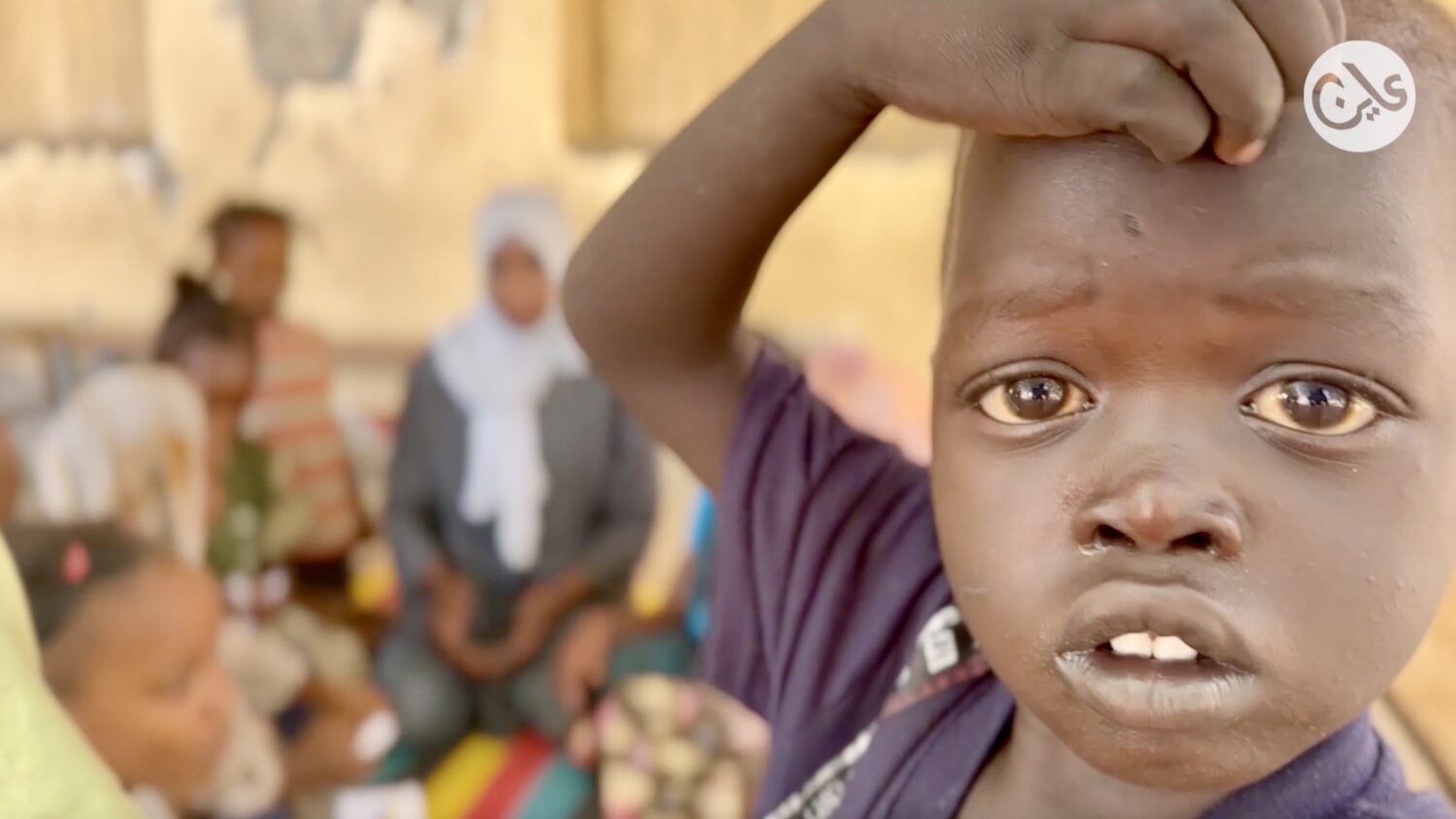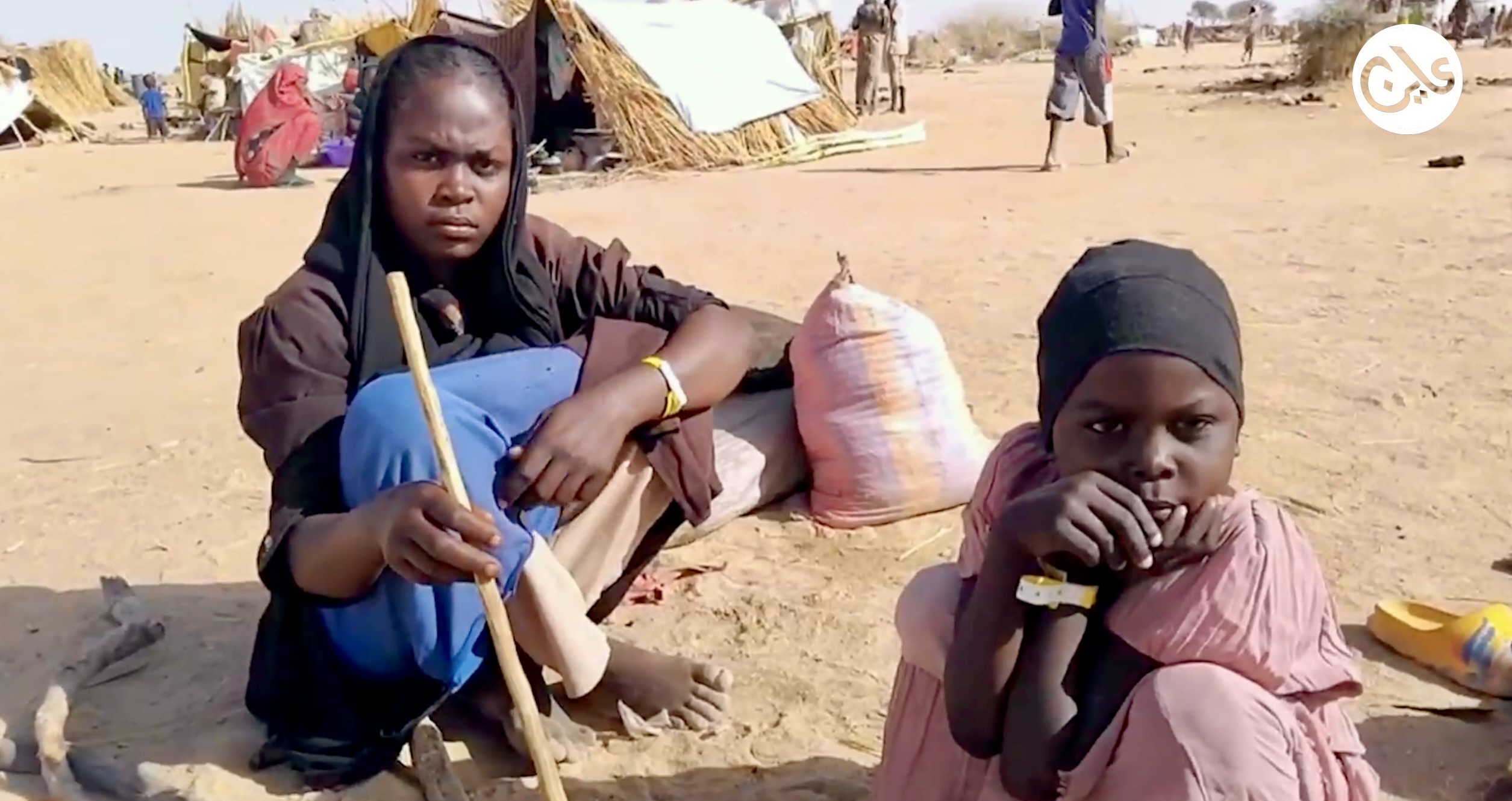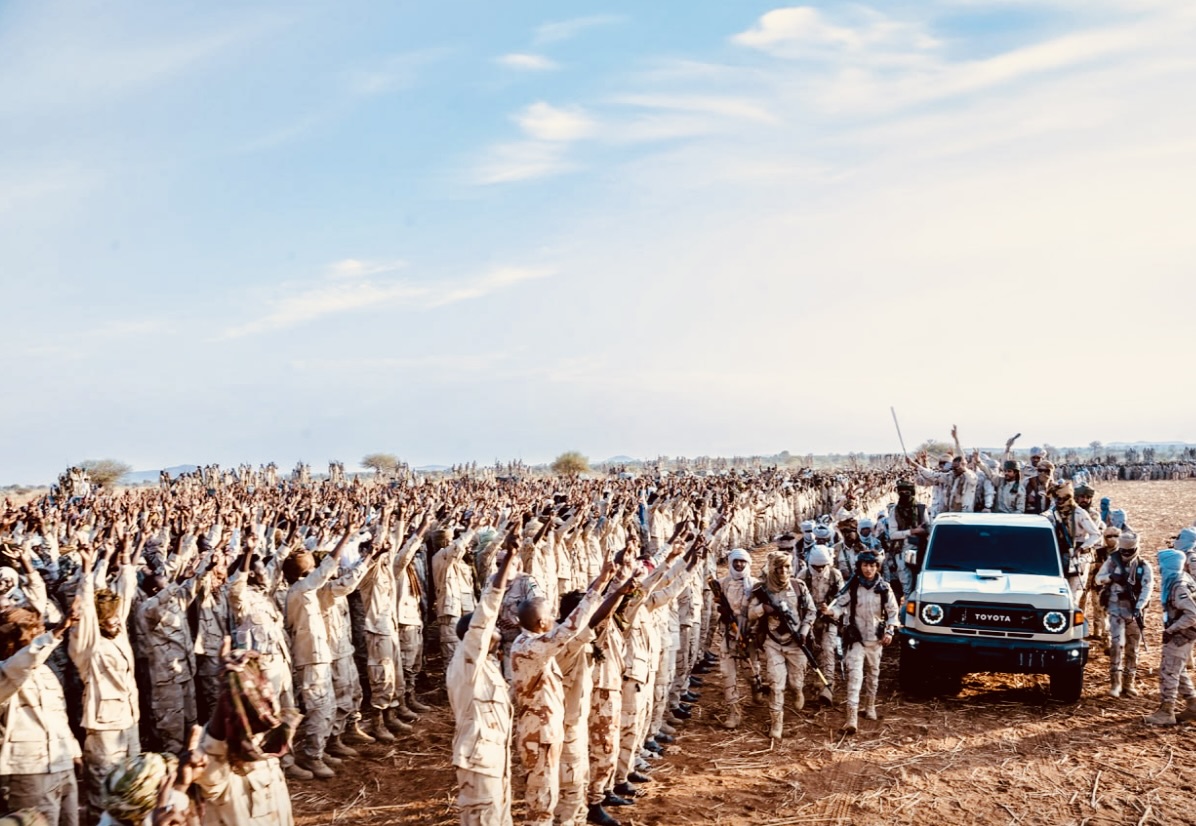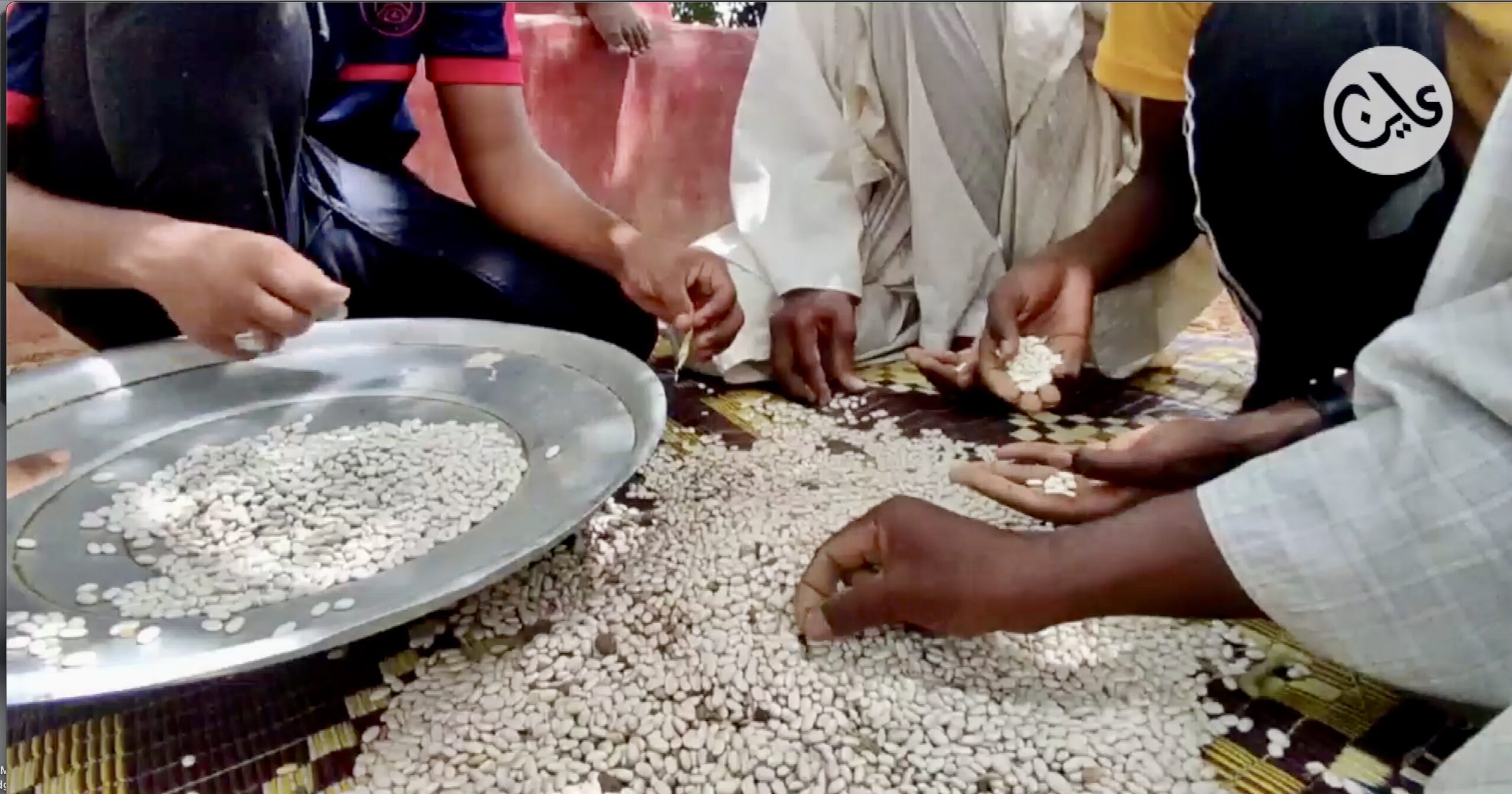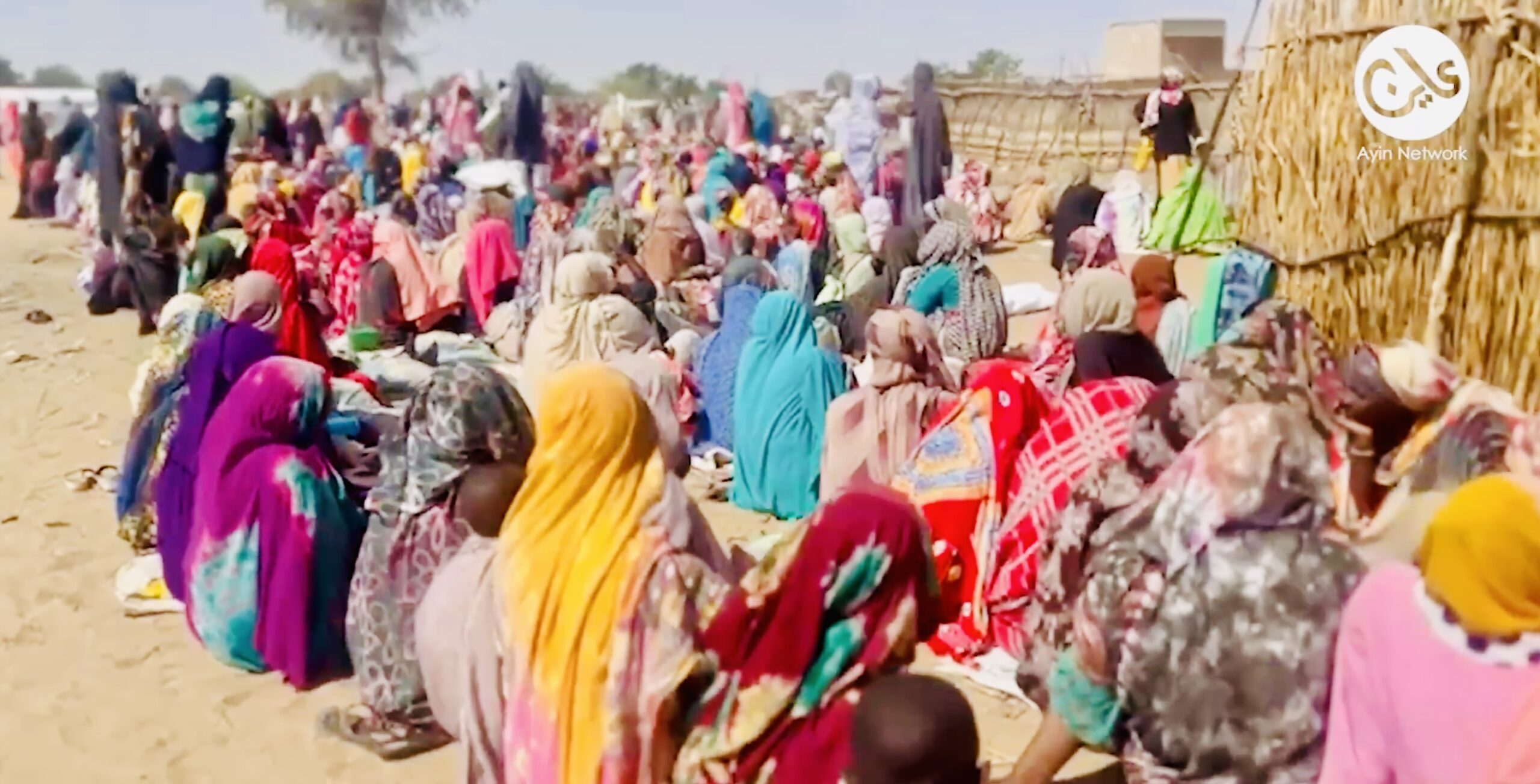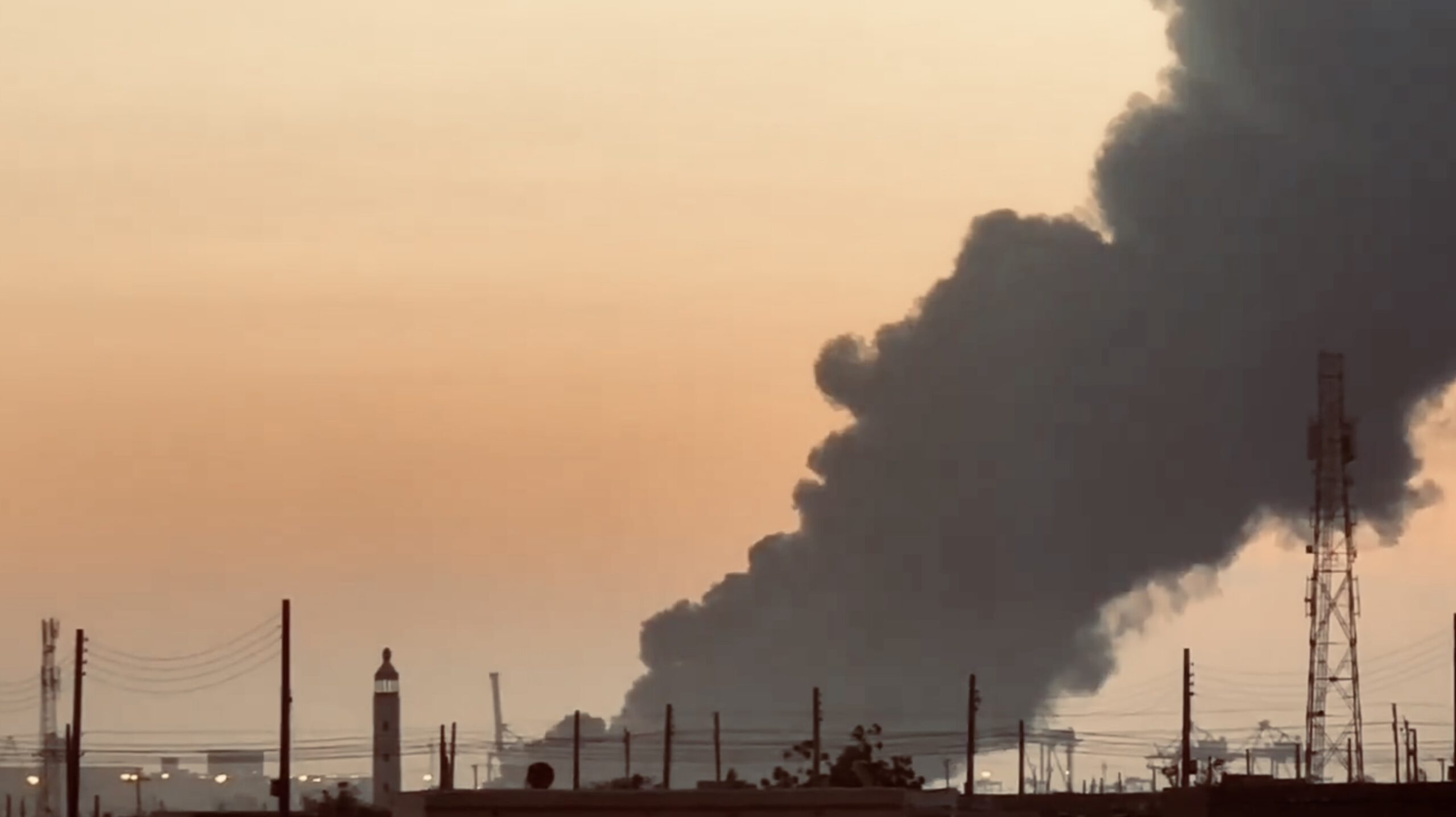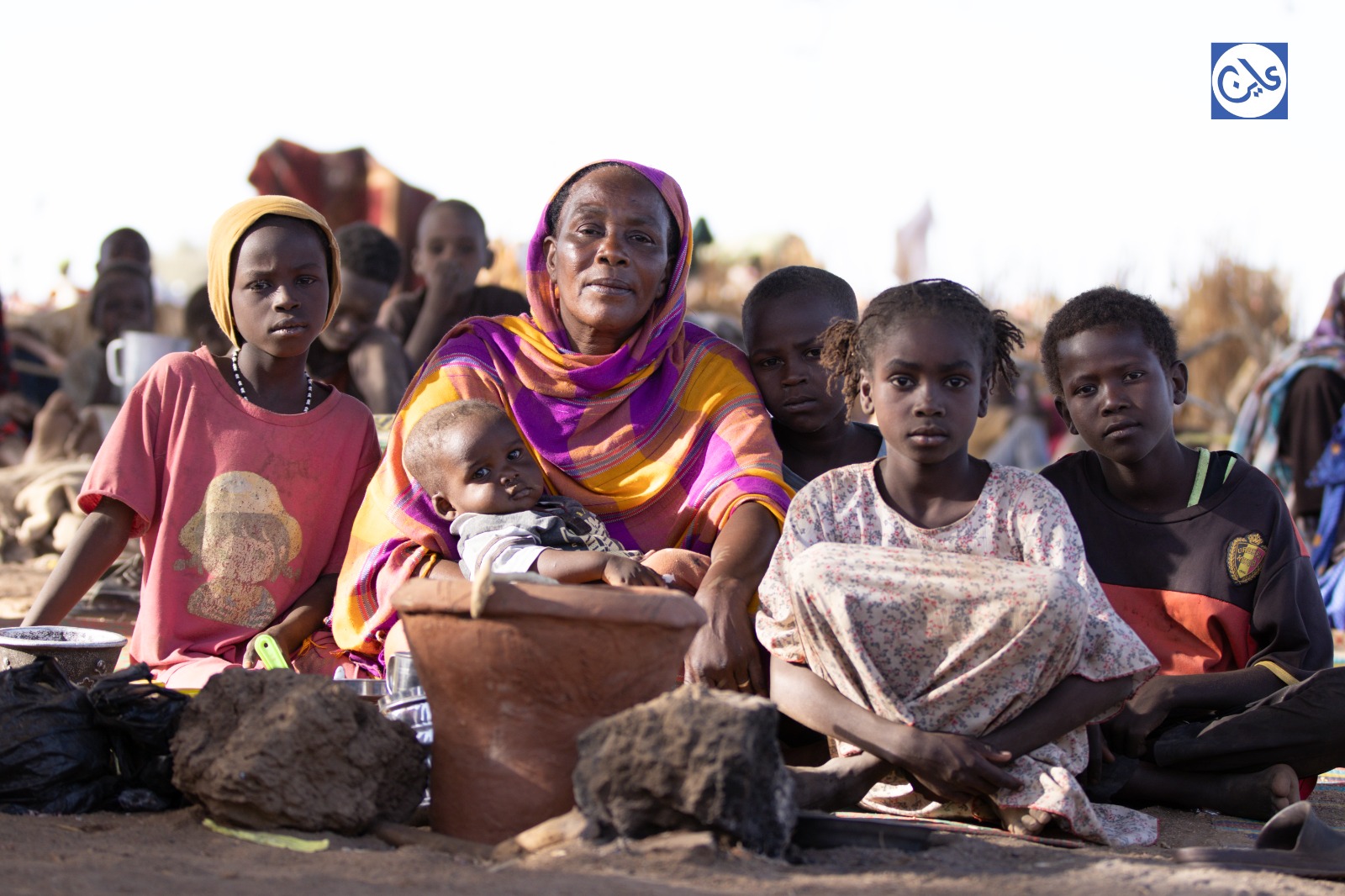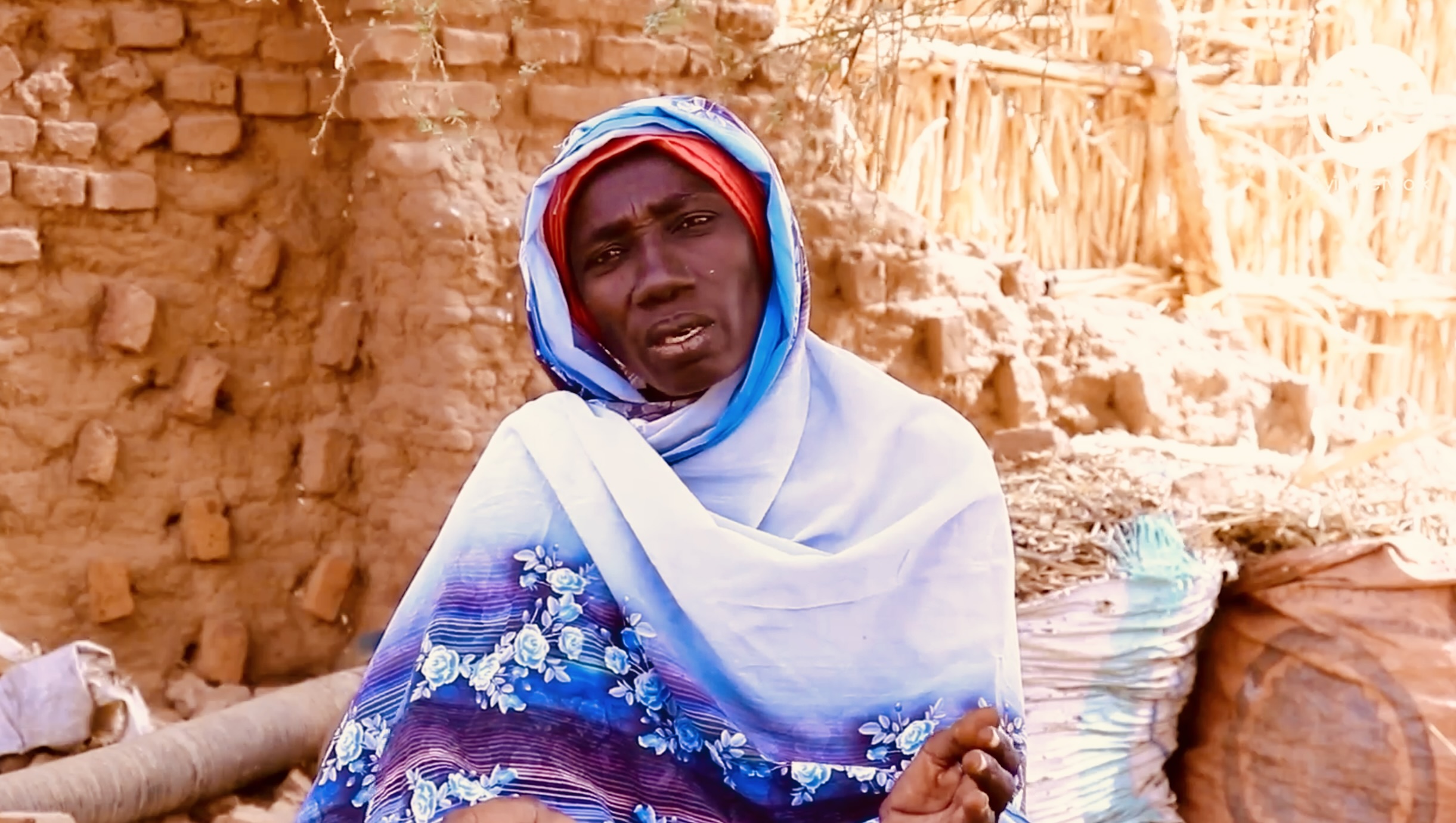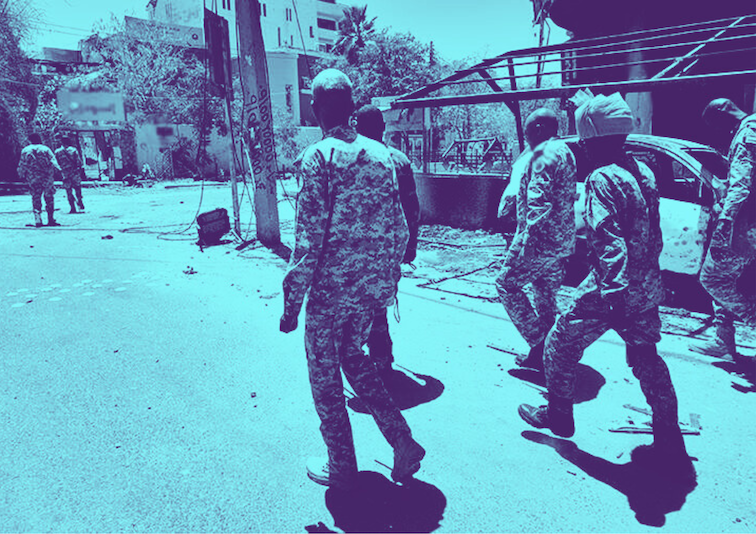Schools in limbo, how children cope in war-torn Sudan
5 March 2024
After losing all hope for her five children to resume their educational journey, Hafsa Hassan, who was displaced from the city of Omdurman, has decided to seek refuge in a neighbouring country with her children so they could continue their studies.
Statistics from the United Nations Children’s Fund (UNICEF) indicate that 19 million children are not attending school in Sudan since the outbreak of war in mid-April last year. Due to increasing violence and insecurity, 10,400 schools located in conflict areas were forced to close their doors since the war began.
Access to education has been severely depleted since the conflict between the army and the paramilitary Rapid Support Forces (RSF) erupted last year with many from the conflict-displaced now sheltering in schools.
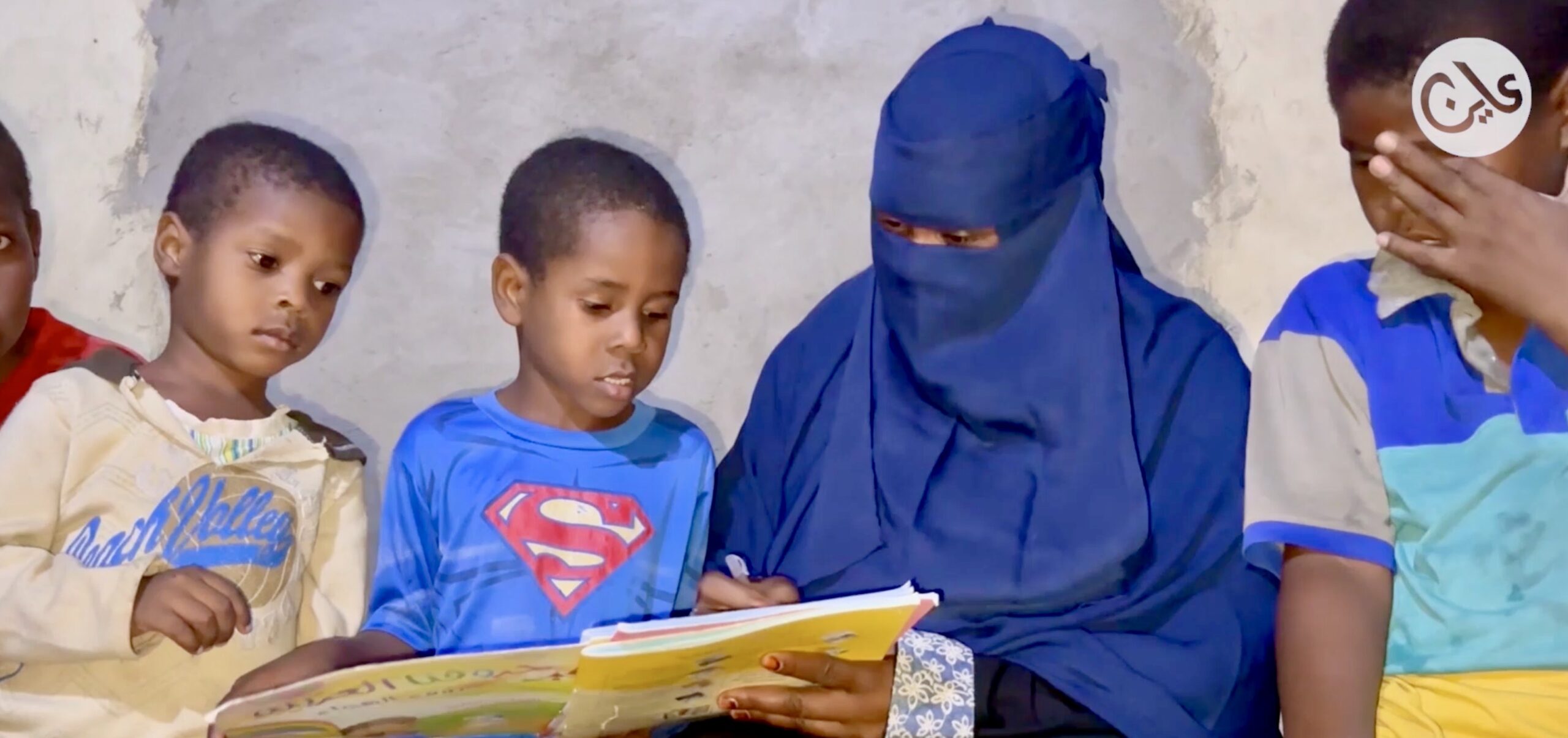
Hafsa Hassan said they decided to migrate to the Red Sea State, yet her children suffered from widespread diseases there and have decided to keep moving abroad, to provide her children a better environment.
“I fear for the future of my children. My daughter was studying in a secondary school before the war, my son was in the fourth grade in a primary school, and my other children were supposed to join pre-school education,” Hassan said. “But all of them are now staying at home, and we do not know when the war will end, and the schools will reopen.”
Hafsa also complains that her children are in a bad psychological state due to the accumulation of events caused by the war, so she believes that even if the situation stabilizes internally, they cannot return immediately to school.
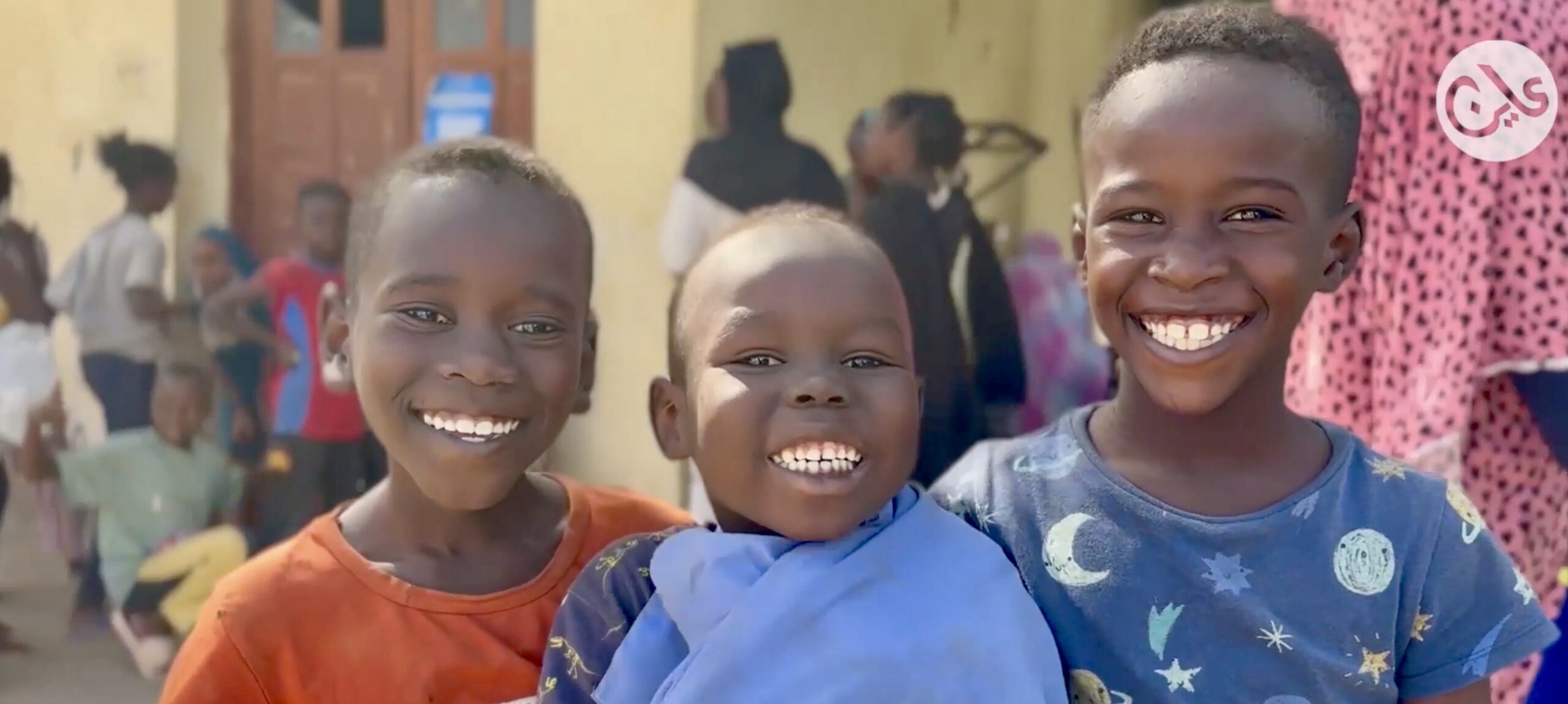
School season in limbo
Educational expert and former director of the Pre-Government Education Department, Salih Ahmed, said the beginning of the school year was supposed to take place last October at the latest, but due to the war conditions, the matter was delayed indefinitely. “The academic year should be postponed due to the complex security situation in the country, there are several challenges facing the education sector, such as teachers’ salaries, the challenges of printing textbooks, the problems of students stuck in conflict areas, and overcrowding of schools with displaced people.”
He believes that the problem lies in the fact that the authorities have not made a clear decision yet, triggering a state of confusion among students and parents alike. Currently, most schools have become make-shift shelters for the conflict-displaced, Ahmed added.
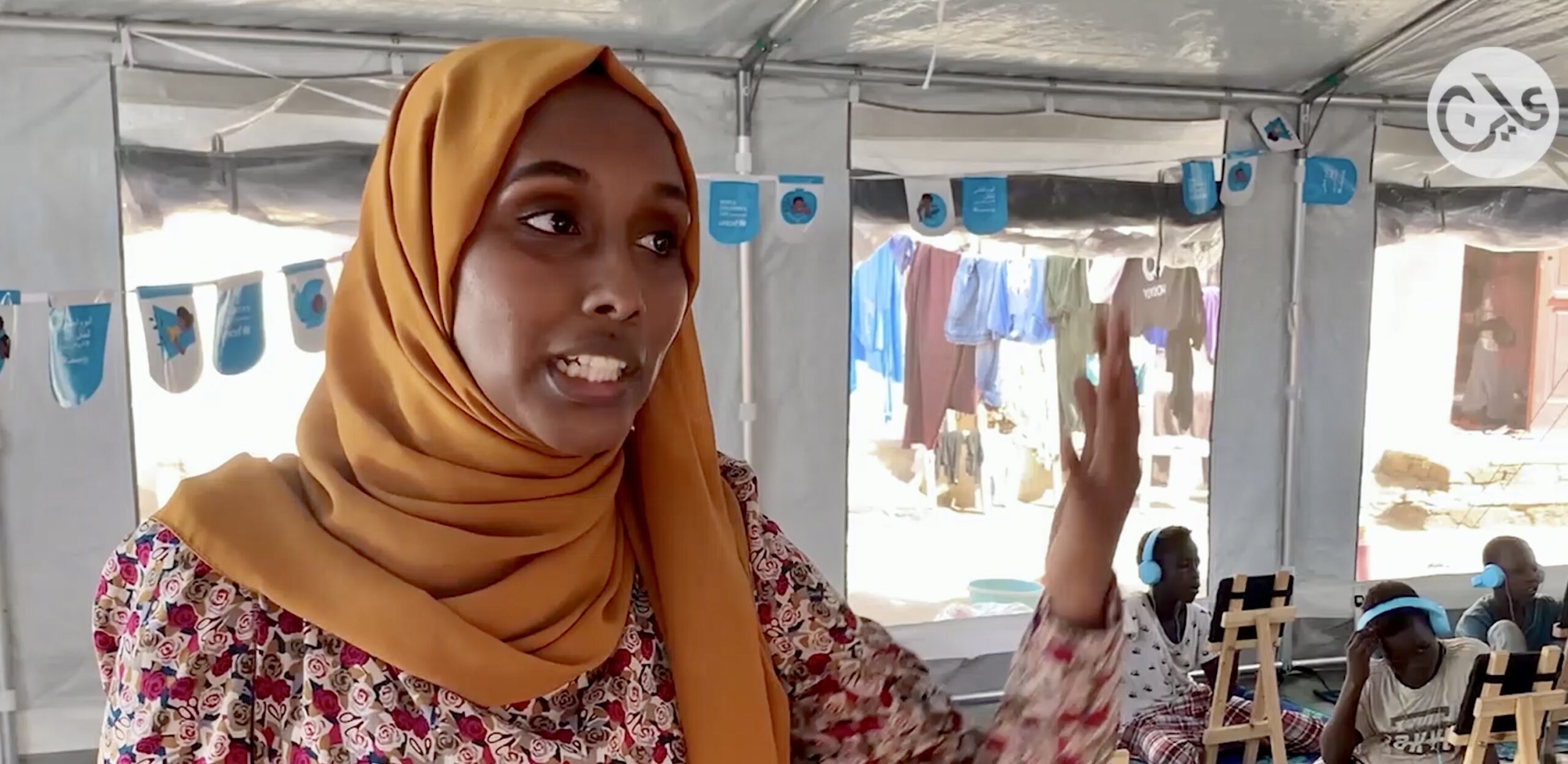
Volunteer efforts
In a large tent set up by UNICEF in the city of Port Sudan, dozens of children sit in front of tablets to study subjects such as mathematics, culture, and technical sciences.
The Sadaqat Organization, in cooperation with UNICEF, is leading the e-learning project for children. Within the e-learning project, they established what they called “safe spaces,” which are child-friendly places that provide psychological and social support. “Before starting the educational process, we found that it was necessary to bring the children back to life by practising their normal activities, and the safe space embraces children of various ages,” Project Coordinator Ghofran Mohamed said. The project in the Red Sea State provides its services to 80 children for two hours a day.
Ghofran Mohmed believes that the positive and tangible thing is that the educational process continues for the children, despite the absence of formal education, and hopefully helps integrate children into normal life again.

Maigoma Orphanage
While some children in eastern Sudan are managing to acquire an education and return to some normalcy in their lives, others can only focus on survival.
From a building near Mount Tutil in the city of Kassala, eastern Sudan, are children from Maigoma Orphanage. These children have paid a heavy price for the war after they went through the dreadful journeys of double displacement from Khartoum to Wad Medani, and then to the city of Kassala in eastern Sudan.
UNICEF adopted orphaned children at the Maigoma Center in the capital, Khartoum, from the age of five and under, but the level of care is far less than what is needed – according to workers at the shelter – while those over five cannot find anyone to provide them with care and depend only on the scarce help received from charitable people.
“Eighty-five orphan children have died since the beginning of the war in mid-April as a result of neglect and constant movement from one city to another,” according to one of the orphanage supervisors who requested anonymity. “The crisis is still ongoing, and death continues to claim them. During the past two weeks, three children died in their camp in Kassala State,” he added.
According to caretakers for the orphanage, some of the children are sleeping under trees, shivering due to the low temperatures, while others are sheltered in run-down buildings that provide almost no protection from the cold nights or hot days.
The tragedy is expected to worsen as wet nurses and other staff from the orphanage have gone on an open-ended strike since they have not been paid since the beginning of the year and struggle with deteriorating humanitarian conditions in the shelter.
“During January and February, we did not receive our payments, as we have families and children waiting for us,” a wet nurse told Ayin. “We do hard work, we sleep on the roofs of buildings, and they give us only two meals a day, along with two pieces of bread and sometimes one loaf of bread despite the cold. We are originally volunteers, but we have families that depend mainly on the income we bring,” she added. According to the same source, funds provided by the UN are being withheld by local authorities.
The supervisor, who preferred to remain anonymous, calls for the urgent deportation of the children from Kassala state to the city of Port Sudan, so that they can get the attention of the central authority, and can obtain the necessary care. He said that the authorities in Kassala have not shown any interest in this matter, and it should be removed from their care as soon as possible.




